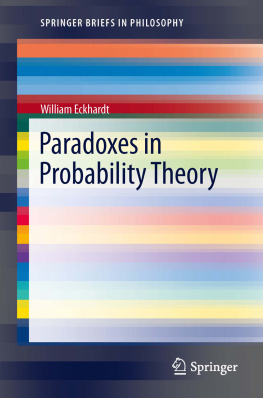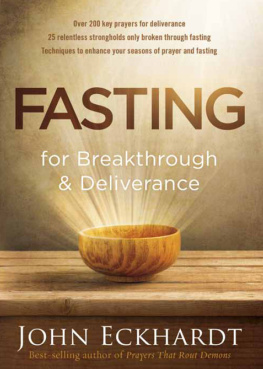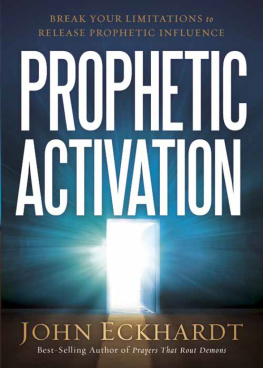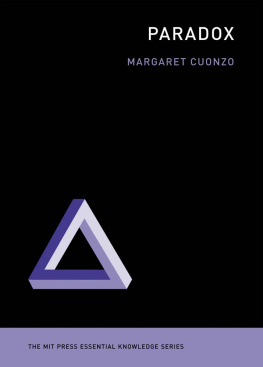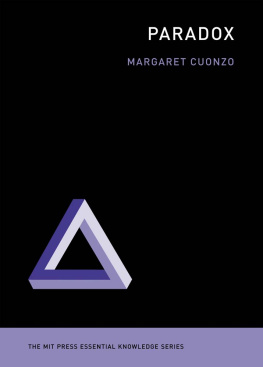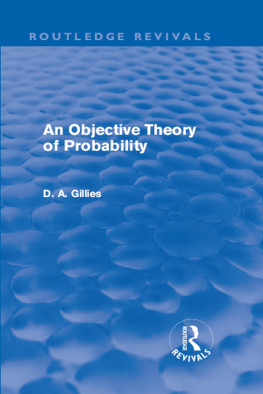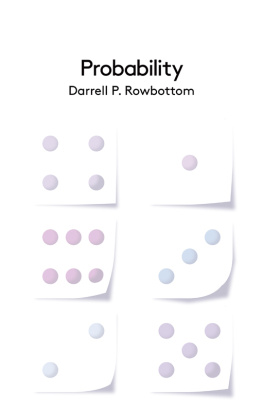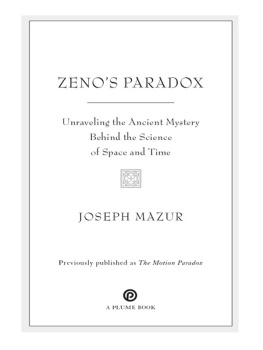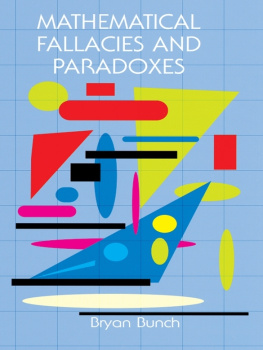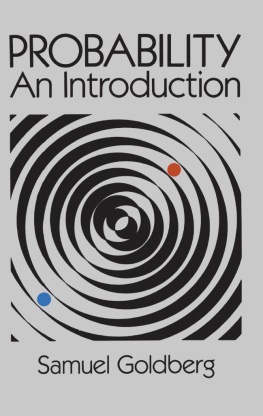William Eckhardt SpringerBriefs in Philosophy Paradoxes in Probability Theory 2013 10.1007/978-94-007-5140-8_1 The Author(s) 2013
Abstract
How long will the human race survive? The Doomsday argument has been proposed not as paradox, but as a serious proposal about the prospects of human survival. It is paradoxical because elementary probability reasoning is used to go from a mundane fact to a truly extraordinary conclusion. As with any probability paradox it is a question of locating the fallacy.
1.1 The Doomsday Argument
How long will the human race survive? The Doomsday argument has been proposed not as paradox, but as a serious proposal about the prospects of human survival. It is paradoxical because elementary probability reasoning is used to go from a mundane fact to a truly extraordinary conclusion. As with any probability paradox it is a question of locating the fallacy.
Suppose a ticket is drawn from one of two lotteries, a small lottery with ten tickets, numbered 1 through 10, and a large lottery with a thousand tickets, numbered 1 through 1,000. A coin is tossed to determine from which lottery a random ticket is to be drawn. You are informed that the number drawn was 7, but not which lottery it came from. Although it could have been drawn from the large lottery, 7 is much more likely to have come from the small lottery. Bayes Theorem can be used to show that the probability that the drawing was from the smaller lottery has shifted from 0.5 to nearly 0.99 (see ) an analogue of this reasoning is employed to make discoveries about the fate of the human race. This has stirred up considerable controversy. Leslies argument, which he attributes to Brandon Carter, suggests the end of the human race may be much closer than we generally suppose, even in our current mode of ecological pessimism. The argument can be summarized as follows: among all people who have ever lived, our current birth-order rank is something like 60 billion. If humanity is to continue as long as we usually suppose, then we shall have a quite low rank among all who ever live. According to Leslie, this should be considered unlikely; it is more probable that we have middling rank among all who ever live, in which case doomsday will be much sooner than we generally suppose. In effect, ones birth is treated as though it were a random drawing from a lottery of unknown size, consisting of all humans who ever live. Ones own rank in the drawing is used to estimate the size of the entire lottery pool. This suggests that the entire human lottery is not large relative to our rank, i.e., doomsday is likely to be relatively soon.
1.2 The Betting Crowd
The Shooting Room Paradox was devised by John Leslie to justify his Doomsday argument. In fact it does the opposite, serving to reveal the fallacious nature of Doomsday reasoning. In the original formulation, losing players are shot, but this gruesomeness distracts from the true paradox. I have replaced the jarring and irrelevant human carnage with betting. I call this the Betting Crowd : successive groups of individuals are brought together and are required to make the same wager; betting $100 that the House, with fair dice, rolls anything but double sixes. Whenever the crowd wins its bets, ten times as many people as have played so far are recruited for the next round and a new roll of the dice. Once the House wins, the game series is over. So the House can truthfully announce before any games are played at least 90 % of all players will lose. The puzzle is that these bets appear to be both favorable and unfavorable, favorable because double sixes are rare, unfavorable because the great majority of players lose.
1.3 The Simulation Argument
Assuming technology advances, it should be possible to create sims (simulations that dont know they are simulations). Given enough time, sims should vastly outnumber real people. Since we cannot directly ascertain which we are, were much more likely to be sims.
1.4 Newcombs Problem
In Newcombs problem the player is shown two boxes and given the choice of taking either the 1st box or both boxes. The first box is either empty or contains $1 million; the second box invariably contains $1000 and can be transparent. These boxes have been prepared by a resourceful entity, the predictor, a shadowy figure with an uncanny ability to judge which choice contestants will make. The predictor prepares the boxes according to the following rule: If the player is going to choose both boxes, leave the first box empty; if, however, the player is going to choose the 1st box only, place $1 million in that box. The predictors abilities are such that it scores a consistent 90 percent in following the rule. The reason for either the predictors successes or its failures is generally not given. What is best, to take one box or two? Either choice can be supported by a seemingly airtight argument:
(1)
The one-boxer argument. The predictor may be mysterious, but the resultant monetary payoffs and their probabilities are precisely defined. The best course is to maximize expected value. Taking one-box leads to a payoff of $1 million 90 % of the time and zero dollars 10 % of the time, for an expected value of $900,000. Taking two-boxes leads to a payoff of one thousand dollars 90 % of the time and one of $1,001,000, 10 % of the time, for an expected value of $101,000. By this criterion the one-box strategy is far superior.
(2)
The two-boxer argument. Let X represent the unknown contents of the 1st box. The player can choose one box and receive X, or choose two boxes and receive X + $1,000. Whatever the value of X, X + $1000 is always to be preferred, so the two boxers strategy is consistently superior.
1.5 The Open Box Game
This is Newcombs problem with both boxes open. In the first four paradoxes the conflict is evident. In the open box game it is difficult to find a paradox at all. The obvious answer seems to be the right answer; there seems to be no other side. One who has uncovered the paradox is well on the way to solving it. This matter is better left until Newcombs Problem has been solved ().
1.6 The Hadron Collider Card Experiment
This paradox springs from a radical theory in physics that gives an astonishing explanation for various difficulties suffered by CERN Large Hadron Collider, namely something in the future is trying by any means available to prevent the production of certain elementary particles called Higgs bosons. Operating from the future, unprecedented means are available.
1.7 The Two-Envelopes Paradox
There are two paradoxes called Two - Envelopes . Although related, they require different treatments.
The blind game : Youre presented two envelopes, identical in appearance, and are informed that one envelope contains twice as much money as the other. (To conceal quantities, these can be checks.) You are randomly allotted one (we call this the 1st envelope) and then are offered the opportunity to switch envelopes. Since you have exactly the same knowledge concerning each envelope, the only reasonable conclusion is that you should value the envelopes equally, and hence be indifferent between switching or not switching. Alongside this is placed a paradoxical argument: suppose the 1st envelope contains F, then the other contains 2F half the time and F/2 half the time. So the other envelope is worth

